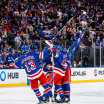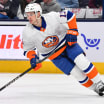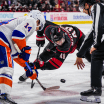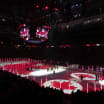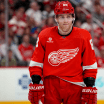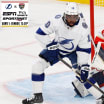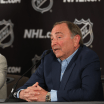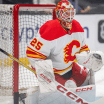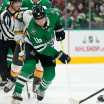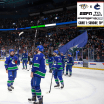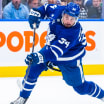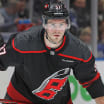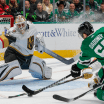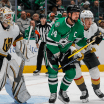The Anaheim Ducks overcame their recent Game 7 woes in the Stanley Cup Playoffs, but they still haven't found a way past the Nashville Predators.
The Ducks won Game 7 in the Western Conference Second Round against the Edmonton Oilers at Honda Center after losing in Game 7 at home in each of the previous four years. But they lost in six games to the Predators in the best-of-7 conference final to fall to 0-3 all-time against Nashville in the postseason.
Here are 5 reasons the Ducks were eliminated:
5 Reasons: Why Ducks were eliminated
Third-period struggles, key injuries major causes of loss to Predators in Western Conference Final
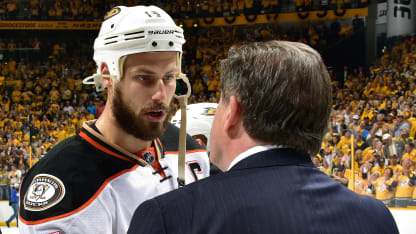
© Frederick Breedon/Getty Images
